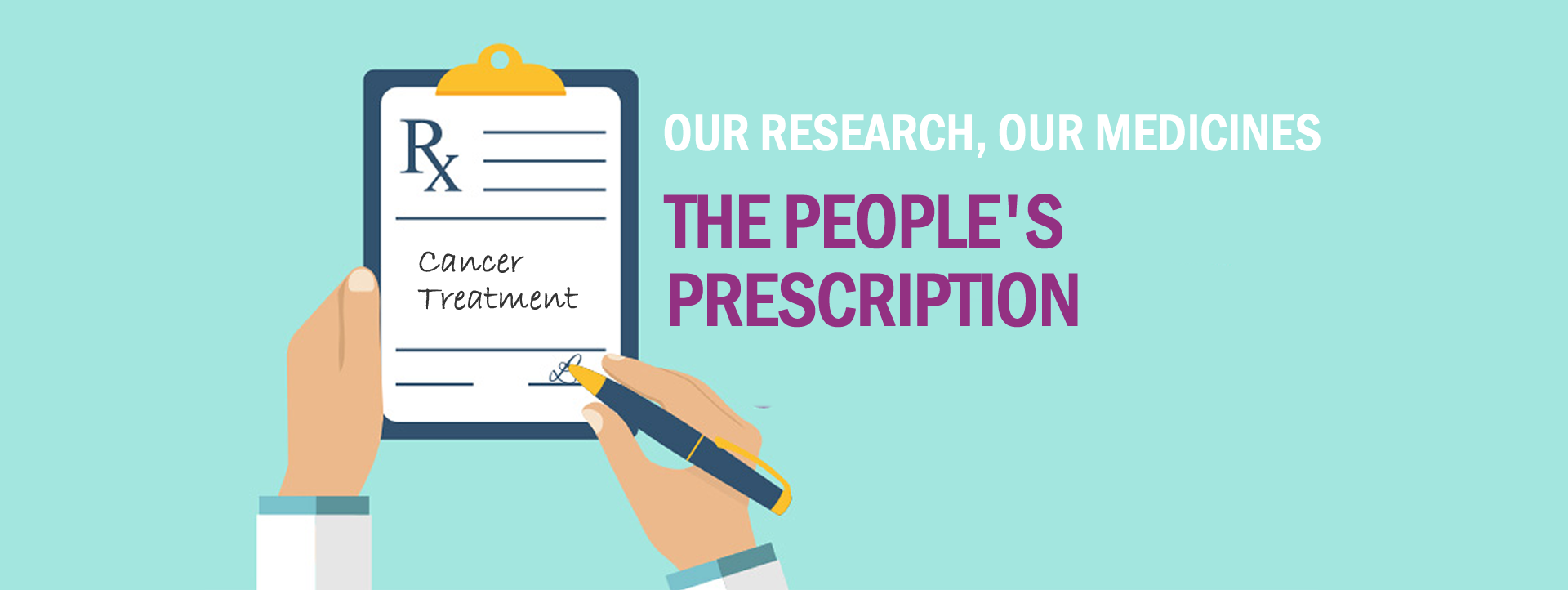NHS Pays £0.5bn for Public Funded Drugs
On World Cancer Day, the Missing Medicines coalition has released figures showing that pharmaceutical companies are charging the NHS half a billion pounds a year for cancer treatments discovered with the help of public money. Three of the five most expensive cancer medicines purchased by the NHS have been developed with public funds, but there is no discount to reflect this. As a result, the public are effectively paying twice for their treatments, once through the research and once again when the drug is purchased! Last year the NHS spent over £1 billion on medicines funded by the public purse.
The publicly-researched cancer drugs include:
- Trastuzumab, used to treat breast cancer. Owned by Roche, NHS England spent £163 million on buying the drug in 2017-18.
- Rituximab, used to treat non-Hodgkin lymphoma and chronic lymphocytic leukaemia. £153 million was paid to Roche for the drug last year.
- Pembrolizumab, a drug owned by Merck, used to treat some people with non small cell lung cancer (NSCLC), skin cancer and Hodgkin lymphoma. Merck billed the NHS for £142 million.
The basic technologies for producing all three of these medicines were developed by Greg Winter in the 1980’s and 1990’s, predominantly at the UK Medical Research Council Laboratory of Molecular Biology (MRC LMB) in Cambridge. The MRC LMB is funded primarily by the UK Medical Research Council.
the taxpayer’s contribution to drug research should be recognised when prices are set for new treatments
A new campaign from the Missing Medicine’s Coalition is calling for a #PeoplesPrescription to solve this problem. They want to see conditions introduced around public financing of medicines – the taxpayer’s contribution to drug research should be recognised when prices are set for new treatments. Lower prices will improve access to treatment for patients by avoiding lengthy reviews by NICE (The National Institute for Clinical and Health Excellence) on the cost-effectiveness of a treatment. The unaffordably high price that Pfizer’s was charging for Ibrance and Roche was charging for Pertuzumab in Scotland led to significant delays in the drug being made accessible.
Saoirse Fitzpatrick from STOPAIDS, coordinator of the Missing Medicine Coalition, said:
“The government is always talking about value for money, well this is an area where we could be saving money and lives. The public are footing the bill for the riskiest part of drug development where breakthroughs happen. Then the big pharmaceutical companies swoop in, when the research has been de-risked, patent a medicine and use the monopoly to charge the public an extortionate price for it. This leads to crucial treatments being delayed and at times denied to patients in need. It’s time for things to change. Many governments are now looking at how we ensure that publicly funded medicines are affordable to patients and health systems, the Missing Medicines coalition is calling on the UK Government to follow suit.”
Radhika Patel, campaigner at Global Justice Now, said:
“Millions of people across the country run marathons, make donations or volunteer their time to help the fight against cancer, and every penny counts. So why is big pharma charging such high prices the government spending especially for drugs where public funding has millions of pounds of public money buying back cancer drugs it has itself paid for to research? We should not be paying twice for these vital medicines. Medical research needs first and foremost to serve people, not lay the ground for pharmaceutical company profits. It is time for ministers to turn the corporate-driven model of drug production on its head and put people’s right to health first.”
Diarmaid McDonald from Just Treatment said:
“More and more patients are being forced to organise public campaigns for access to essential treatments as rip-off prices and pressures on the NHS budget lead to rationing and rejection of proven treatments. On World Cancer Day, the government needs to commit to doing much more than negotiating on price – it needs to make big structural changes to medical innovation that put patients before profit.”
The call from the Missing Medicines Coalition’s #PeoplesPrescription campaign is based on the findings from a report authored by the organisations quoted above – The People’s Prescription: Reimagining health innovation to deliver public value – released last October. The report includes recommendations around introducing conditions on public funding, using legal WTO tools to get access to cheaper alternative medicines when price is a barrier as well as exploring alternative R&D models which don’t lead to high prices.
You can support the campaign today by writing to your MP via the Missing Medicines page calling for them to include the recommendations from the report in their party’s manifesto.
- S Prev
- s

